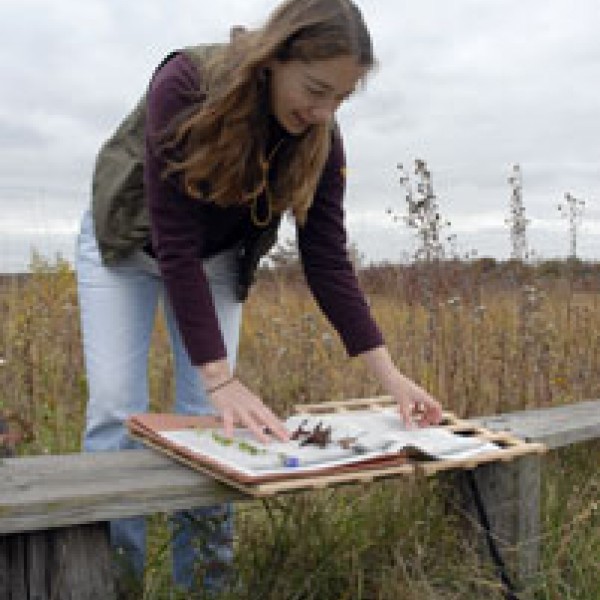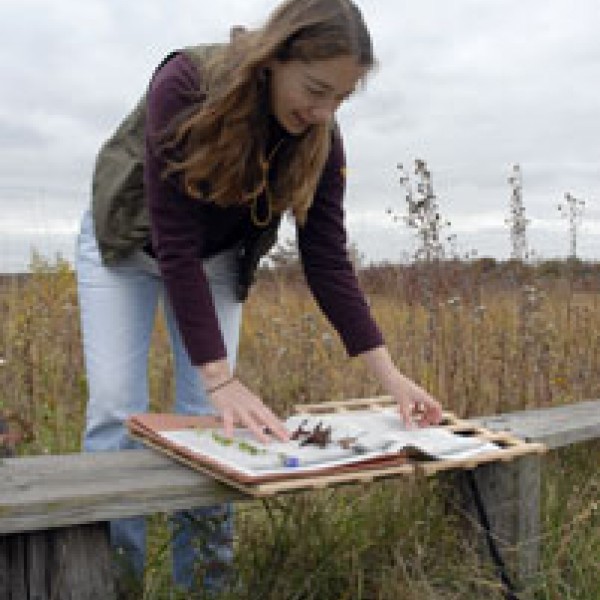Using spatial analysis and GIS to investigate patterns in rare plants monitored by the Chicago Botanic Garden's Plants of Concern Program 2013
CBG and monitoring sites
GIS
The Plants of Concern (POC) Program (www.plantsofconcern.org) monitors 237 species of the Chicago Region's endangered, threatened, and rare plants, assesses long-term trends in rare plant species, and provides data on plant response to management activities and environmental threats to over 112 partner landowners and managers for conservation decision making. Utilizing the Conservation GIS Lab, a student will analyze and investigate rare plant population data from 2001-2012 from within the Chicago Region. This will include exploratory spatial data analysis and GIS-based spatial analysis, and will introduce the use of GeoDa software and ESRI ArcGIS software. Various hypotheses associated with spatial and temporal patterns of montiored rare plants, effects of management history, threats to rare plant populations, presence of invasive species, etc. will be investigated.
In addition to GIS work, the student will have the opportunity to participate in rare plant monitoring at various field sites across the Chicago Region. This includes learning monitoring techniques for rare plants, field data collection, and use of Trimble GPS equipment to record accurate location information on rare plant populations that can then be translated into a GIS-environment.
Spatial analysis of POCs monitored rare plant data facilitates visualization of patterns and adds a new dimension to already valuable data. Maps, visuals, and data produced from this type of analysis create a medium of communication that can enhance the message of conservation programs like POC for scientists, collaborating regional land managers, and the general public.
Approximately 10-15% of time will involve field work, 85-90% of time will involve GIS and spatial analysis.
**A personal vehicle would be advantageous for participating in the maximum amount of field work (i.e., some early-start days, monitoring sites away from CBG, etc.), although a garden vehicle will be available for car pooling in many cases. Feel free to contact Emily or Susanne with questions.
Fieldwork Conditions
Bees, Insects, Poison Ivy, Mold, Pollen, Water/Mud

